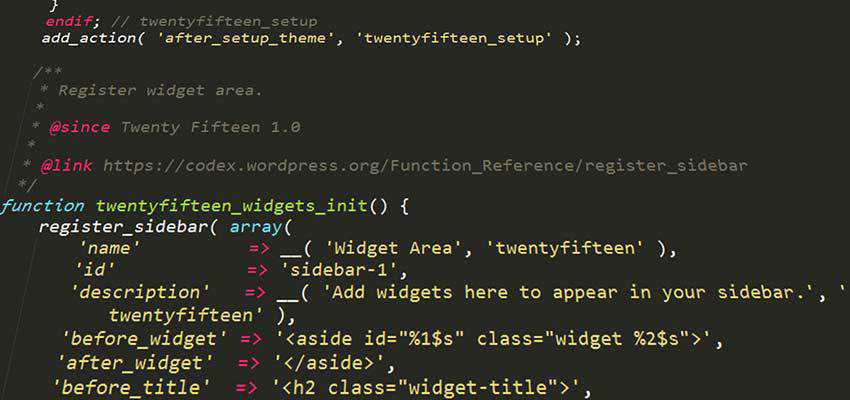Running a copy of WordPress on your local machine is a fairly simple process (we have some helpful information on doing this). But you may be wondering about the actual benefits of doing so. Our mission today is to provide some answers in the form of five interesting and useful projects. We’ll get to those in a moment.
In the grander scheme of things, running WordPress locally offers a virtually limitless playground. It’s a completely free and private way to learn and use the content management system (CMS). You don’t need to worry about web hosting policies or restrictions, nor the potential for breaking a live site. This might just be the most stress-free way to experiment.
With that in mind, here are five great ways to use your local install.
1. Create a Staging Site
One of the most common reasons to run WordPress locally is to test a copy of an existing website. This provides a safe environment for troubleshooting, testing software updates or playing with some custom code you’ve written.
Pulling down a site and running it on your own machine is often preferable to simply making another copy online. For one, your web hosting account’s resources for storage and bandwidth aren’t affected – which is important for larger sites. Plus, you can more easily avoid accidental file or database overwrites that can leave you in a bind.
As a bonus, if you’re familiar with (or looking to learn) Git, this can be a great opportunity to test updates and the push them to your production site.

2. Learn to Code
When it comes to mastering the art of code, everyone needs to start somewhere. And WordPress provides a terrific gateway to learning PHP, CSS and JavaScript. These languages are all crucial components to themes, plugins and WordPress core itself (see the Codex for more).
Utilizing a local install lets you practice and refine your skills in a safe environment. Create a WordPress site and try building some custom post queries or even dig into how custom blocks work for the Gutenberg editor. This is a great way to expand your horizons.

3. Accelerate Theme/Plugin Development
Once you have a good grasp of coding fundamentals, a local copy of WordPress can help you level up your workflow.
The process of tweaking themes or plugins via a remote server can be a huge pain. You make changes, FTP them up to the server, then test. And the process needs to be repeated over and over again. There can be a whole lot of navigating through various folders and clearing cache as well. Tired yet?
A local environment is the perfect place to develop your next theme or plugin. Write your code, save it and refresh your browser. It saves time and also serves as a handy environment for debugging.

4. Build an Internal Productivity App
Sure, there are a ton of third-party productivity apps out there. But where’s the fun in that? With a local installation of WordPress, you can build one of your own and personalize it to fit your needs.
You might, for example, want to build an internal task management site to keep track of your to-do list. Or, if you share an office with team members, even a simple install of BuddyPress can help you stay on the same page. If you really want to go for something big, use an LMS to offer employee training.
The project can be as serious (or not) as you want. In some cases, the build process itself can be the main point. At the very least, it can serve as a great learning experience for future client projects.

5. Teach Someone to Use WordPress
While the other items on our list are about self-improvement and efficiency, our last project is solely focused on others. It’s about taking some time to help someone else learn the ins and outs of WordPress.
A local copy of the CMS can be an easy way for a friend, relative or a youngster to get a close up look at how WordPress works. They won’t have to worry about breaking anything or making a mistake online. Instead, they’ll get to click around, install plugins and practice all manner of mayhem in private. This is especially nice for parents who don’t want their little ones potentially exposed to the online world just yet.
Plus, an aspiring developer can also get a behind-the-scenes tour of how a server is set up. This can give them a solid foundational understanding that will benefit them for years to come.

Going Local
If you’re looking to learn, teach, troubleshoot or just play around, a local WordPress installation could be exactly what you need. And like WordPress itself, the barriers to entry are extremely low.
With minimal hardware and software requirements, just about any old machine you have lying around can be turned into a real, working server that runs the world’s most popular CMS. With a little elbow grease, you can be up and running in under an hour.
From there, an unending amount of possibilities await. So, what will you create?
Related Topics
Top